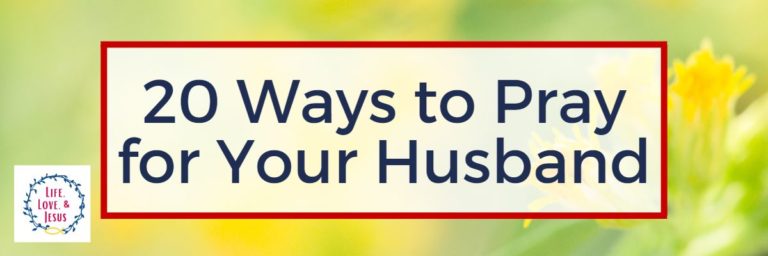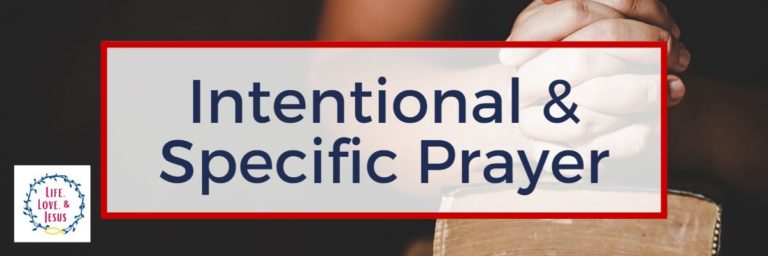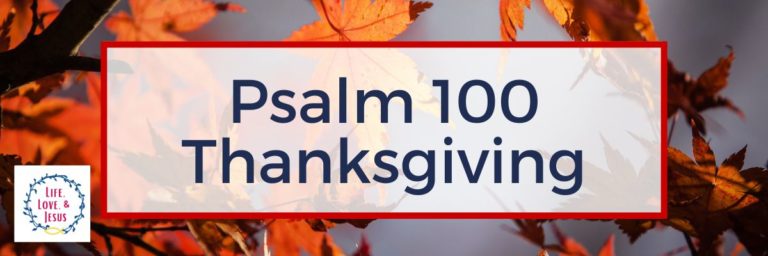How Beginners Can Learn to Study the Bible Effectively
This post contains affiliate links. If you click & make a purchase, I receive a commission! Thanks! Read my full disclosure policy. As an Amazon Associate, I earn from qualifying purchases.
Are you new to learning the Word of God? Do you wonder how beginners can learn to study the Bible effectively? Beginners like you? Or maybe you’re not a beginner, but you’re just not sure you’re studying the Bible effectively.
The good news is that Bible study isn’t a mystery. There are simple steps to take to make sure you are studying and learning effectively. And to make sure you are not just reading into God’s Word what you want it to say.

The Lord gave us the Bible because He wants us to know what is in it. He gave us His Word for encouragement, guidance, wisdom, correction, peace, support, to teach us the way of salvation, and more. Which means He wants you to study it. He wants you to read it. He wants you to dig deep into it.
Bible study is not just for pastors or speakers or authors. It’s for you. It’s for me. It’s for everyone. Below are some simple steps to get you started on effective Bible study.
Make Time for Study
I understand that finding, or rather making, time for Bible study is challenging. When I was young, before marriage, before kids, before mortgages and jobs and multiple moves – when I was young and newly saved, my time with the Lord was easy to come by and sweet. I was saved at age 17 and dived into studying the Bible as if I had just learned how to breathe. It was everything to me, and making the time for devotions, study, memorizing, and simply reading the Word was easy.
Then I got married and soon had two babies. Life was a little more complicated. I was blessed to be a stay-at-home mom for many years, as I homeschooled through 5th and 8th grades for our two boys, but even without the pressure of an out-of-the-home job, I struggled to get into the Word consistently.
As life progressed, I learned to manage my time and responsibilities better so that I had more time to learn how to study the Bible for myself. Although I was a Bible college graduate, I still needed to learn how to study the Bible personally. Because – just like riding a bike – the only way to really learn is to do it!
So, no matter where you are in this season of life, I am encouraging you to start. You can follow the steps below to find out how beginners can learn to study the bible effectively. It will be challenging – the enemy doesn’t want you in God’s Word. Do what you can, make the time, and you will learn and grow gradually. In 10 years, you’ll look back amazed at how much you have learned!

Steps in Studying the Bible
Before starting any Bible study, you must spend time in prayer. You should pray, confess your sins, and ask for the Spirit to guide your study and open your spiritual eyes and ears. Do not gloss over this point: studying the Word will become a rote practice or a distant memory without the aid of prayer. Pray first. Always pray first.
Effective Bible Study is Consistent
Be consistent in Bible Study. The best way to do this is to schedule your Bible study time just like you schedule doctor appointments.
Put it in your calendar and then keep the appointment! Start with one or two days a week in Bible study each week for at least one hour each day.
Think for a moment about what you could do without so you could have two hours a week for God’s Word. Whatever the trade-off, it’ll be worth it! You’ll never regret spending time in God’s Word. But you might regret losing hours on social media!
Effective Bible Study is Systematic
Your Bible study should be systematic. You may wonder what ‘systematic’ Bible study means. Since you want to know how beginners can learn to study the Bible effectively, start with this idea: pick a portion of Scripture and stay there until you’re done.
While there is more to systematic Bible study, studying one passage or short book from beginning to end is where you need to start. Good selections include Philippians, Psalm 51, or Matthew 5 – 7.

You also need to be systematic in how you do your Bible study. In other words, have a plan that includes when and where you’ll study, what resources you’ll want in addition to your Bible, and how you will record your thoughts and insights.
Systematic Bible study has three key steps to go through for each passage you study. These steps are covered in more detail separately but are briefly discussed below.
Observation
Observation is simply reading the passage of Scripture you’re studying and making notes about what it says. Not what it means. Not how it might change your life. Not what your pastor says about it – or anyone else.
Observation is recording in your own words what you read. That’s it. For example, if you read Colossians 1:1-12, you might record the following:
- Paul and Timothy greet the church
- Paul gives thanks for the believers in Colossae because of their love, hope, faith, and fruit..
- Paul prays for the readers of this letter. His prayer includes asking for (1) spiritual wisdom; (2) walking worthy; (3) bearing fruit; (4) growing in the knowledge of God; (5) power, endurance, and joy.
Interpretation
Interpretation is where the digging starts. You will want to look up word meanings, possibly read a commentary or two, and read cross references. This is where you dig into what the passage means.
Part of interpretation includes finding out what the passage meant to the first readers. So, for the example above, that would be ‘what did the first-century church in Colossae and throughout the Roman Empire understand these words to mean?’
For example, Paul’s greeting in Colossians 1:1-2 would have included the following meaning for the first-century church:
- They would have recognized that Paul was writing from a position of authority as an apostle.
- They would have understood that Paul called them ‘saints’ because of their faith, not their behavior.
- They would have recognized that Paul included both ‘grace’ and ‘peace’ in his greeting as a recognition of the presence of both Gentile and Jewish believers. ‘Grace’ was a typical Greek/Roman greeting while ‘peace’ was a typical Jewish greeting.
In addition to those meanings, the interpretation phase of the study might mean you would look up the meaning of ‘grace’ and ‘peace’ in the original languages. Or look up other uses of the word ‘apostle.’ Or record a short note about who Timothy was.
Application
The final step of systematic Bible study is application. This is where you take the time to pray about how what you have learned should change your life.
Again from Colossians 1:1-12, possible applications could be (1) deciding to pray for your Life Group members using Paul’s prayer 3 times a week. Or (2) being more diligent in thanking the Lord for your salvation and other blessings. Or (3) praying specifically that the Lord would enable you to bear fruit like the Colossians and then looking every day for one person to share Jesus with.
These examples are just three possibilities. How you apply God’s Word to your life is limited only by your imagination and your submission to the Spirit’s leading. The key is to apply what you learn in some way.
For more on applying God’s Word check out this post.
Effective Bible Study is Written
As you go through your Bible study, you’ll want to record your thoughts and insights when studying God’s Word. You can do this in a journal, a spiral notebook, or a laptop. It doesn’t matter where you write your notes, only that you do write your notes!
One reason for this is that most people can’t remember everything – so writing it down as you study helps you to both remember and apply God’s Word. But another reason is to leave a legacy of faith for your family.
If you come from a heritage of faith, you know how priceless grandpa’s or grandma’s Bible – with their handwritten notes in the margins – can be. When you record your Bible study insights, you are leaving an equally priceless heritage for your family – whether you are the first in your family to do so or only one in a long line of faithful saints.
A final reason for recording what you learn is for yourself. Your Bible study notes will become a written record of how God has taught you and changed you. It will be a treasure and a remarkable history of your growth in faith.
Effective Bible Study is Shared

Share what you learn with someone, somewhere, somehow. This final step is often not done but will benefit you. Sharing what the Lord is teaching you makes you more likely to follow through with an application and will encourage whoever you share with to get into the Word themselves.
If you feel funny sharing, make it easy by just talking to your kids about what you’re learning. At least until middle school, they’ll think everything you say is awesome! Once those hormones hit, you’ll have to find a new audience!
Make Your Plan Today
You’ve just read how beginners can learn to study the Bible effectively. It’s time to get started. Follow these steps:
- Choose your passage to study (try the Sermon on the Mount in Matthew 5-7).
- Put your study time on your calendar.
- Decide where you will do your study.
- When the calendar says ‘study time’ gather your Bible, your notebook or computer, and your resources in your study spot.
- Pray.
- Dig deep into God’s Word – and be ready to hear from the Lord!
Commit to in-depth study time one or two days a week, and see what God can do in your heart and life. For more Bible study resources and information, sign up for our email!










